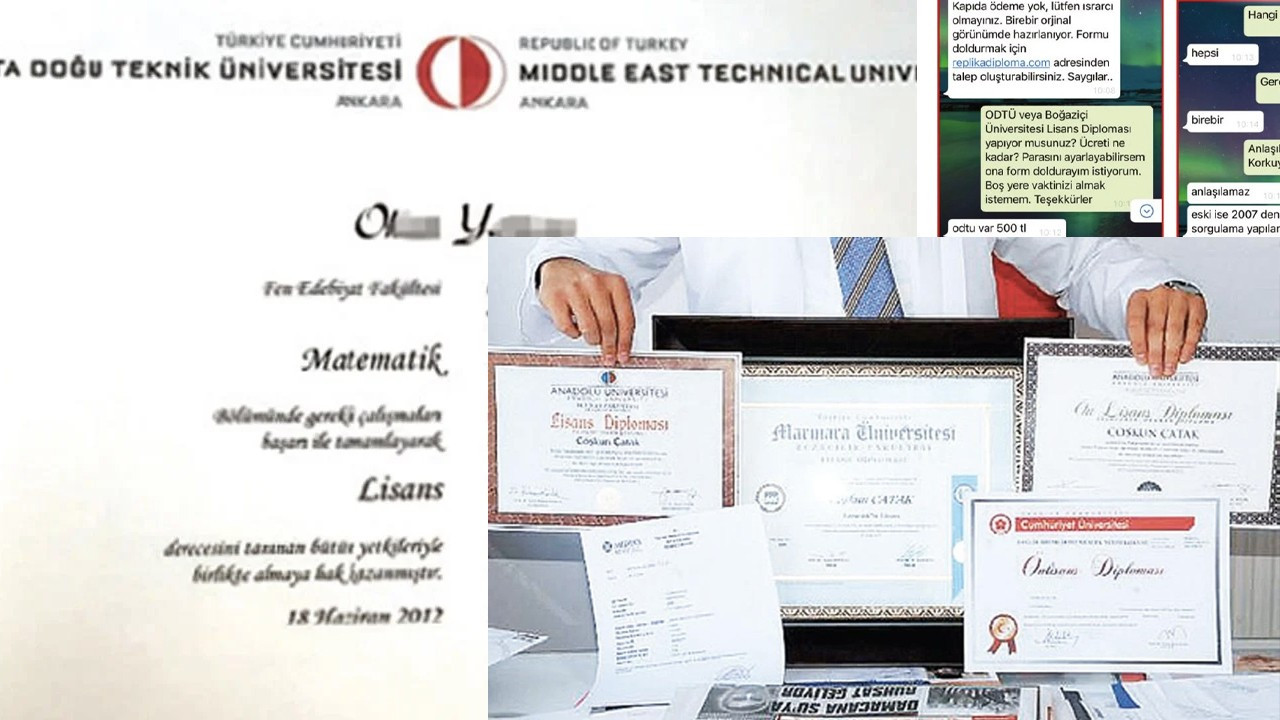Turkish court rules to equalize wages paid in foundation and state universities
An Istanbul court has ruled to equalize the salaries of lecturers employed in foundation universities with those of state universities.
Aynur Tekin / DUVAR
Though an amendment was made to Turkey’s Higher Education Law in April 2020, which ruled that the wages of staff working at foundation universities ("vakıf üniversiteleri") should be equalized with that of staff working at state universities, many foundation higher education institutions have not equalized the wages of their staff or have sought to keep net wages low by equalizing gross wages.
A lecturer working at a foundation university in Istanbul took this case to court and filed a lawsuit on Oct. 23, 2020, demanding that his salary be paid on a net wage calculated according to the law.
The case, which was heard at Istanbul’s 9th Administrative Court, was concluded on April 28, 2021. The court ordered that all personnel and monetary receivables be paid to the faculty member with legal interest.
The foundation university that employed the lecturer who filed the lawsuit objected to the decision arguing that "the administration was beset by a disproportionate amount of legal and financial difficulties.”
In its appeal, the foundation university also claimed that there was no illegality in the lecturer’s contract.
Still, Istanbul’s Regional Administrative Court rejected the foundation university’s objection and deemed the local court’s decision “lawful.”
Lawyer Elif Ergin, who has been following the process of equalizing the wages of academics working for foundation universities, stated that this decision would strengthen the position of lecturers in their legal proceedings.
“This decision will set a precedent in the litigation processes and will exert pressure on universities to fulfill their legal obligations,” Ergin said.
The lawyer also said that following the court’s decision, faculty members working at foundation universities had drafted a petition, which they would hand to their university administrations.
Yet, according to Elif Ergin, lawlessness continues to prevail in many foundation universities and some do not even accept their employees’ petitions.
“Upon reception of those petitions, the university administrations will be expected to respond within the legal period. If they do not respond or make the necessary arrangements, the requests will be brought to court,” Ergin warned.

 Fake diplomas from prestigious Turkish universities sold for 500 liras onlineEducation
Fake diplomas from prestigious Turkish universities sold for 500 liras onlineEducation Turkish university opens personally tailored positions for kidney disease research in ratsEducation
Turkish university opens personally tailored positions for kidney disease research in ratsEducation Turkey saw 60 academics laid off for sexual harassment in past 6 yearsEducation
Turkey saw 60 academics laid off for sexual harassment in past 6 yearsEducation